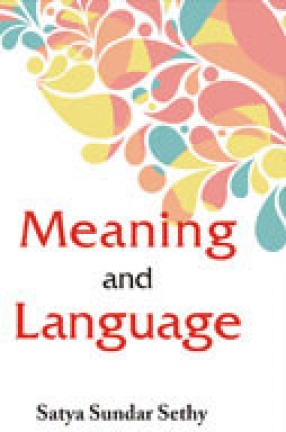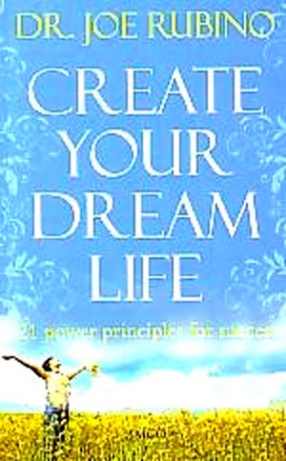This volume explores the nature of meaning and the way it functions in language. Philosophers such as Aristotle, Thomas Acquinas, John Locke, Immanuel Kant and David Hume had keen interest in the study of meaning, though it was not central to their philosophical inquiry. But the contemporary philosophy takes a radical twist towards language which is characterized as linguistic turn in philosophy. Meaning and its correct characterization are the foremost concerns of contemporary philosophy.
Study of two semantic perspectives — meaning atomism and meaning holism – is the core content of this book and it mainly focuses on contrasting these two perspectives or models of meaning and evaluates them with a view to arrive at an explicit conception of meaning that will correctly reveal the semantics of natural language.
In doing so, it vividly discusses the two perspectives of meaning along with the atomistic theory of Gottlob Frege, Wittgenstein’s approach to meaning, logical positivists’ conception of meaning, why meaning atomism fails to capture the uniqueness of meaning, Quinian theory of meaning holism, Davidson’s approach to meaning holism, and Later Wittgenstein’s view on meaning holism, thus covering a wide gamut of the topic.





There are no reviews yet.